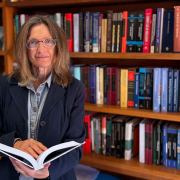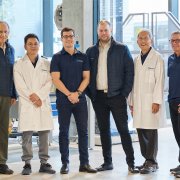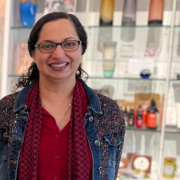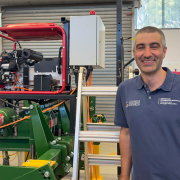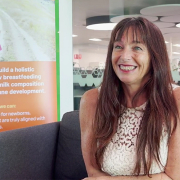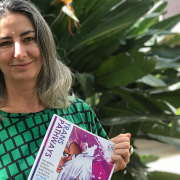Catching corporate fraud: a Systems Intentionality approach
Understanding a person’s ‘state of mind’ is important when determining their legal responsibility for harmful acts. Historically, a corporation is treated as an artificial legal person under the law. But its ‘state of mind’ (such as intentions, knowledge, or recklessness) has been linked to individuals, such as directors or key employees. Professor Elise Bant is an expert in Private Law and Commercial Regulation at The University of Western Australia Law School. Her model of ‘Systems Intentionality’ has recently been adopted in the High Court of Australia, as a new and more effective way of determining how corporations ‘think’. This game-changing, world-leading Australian innovation provides a principled, practical and powerful way of holding corporations to account, for the benefit of humanity.

